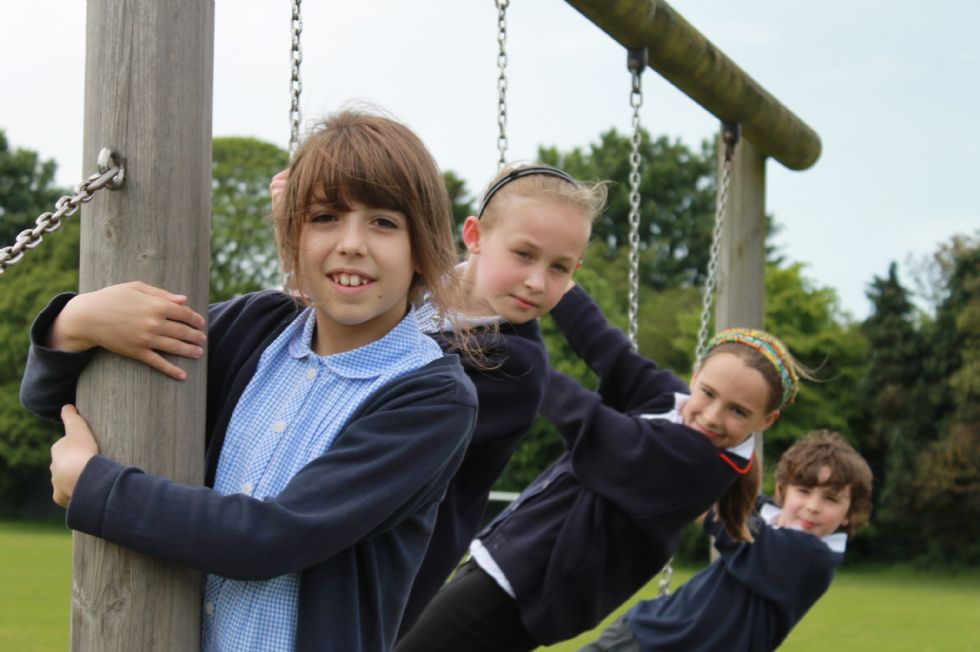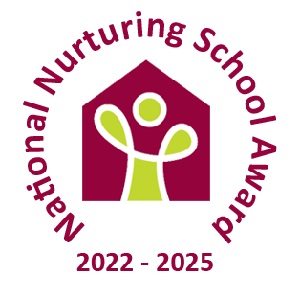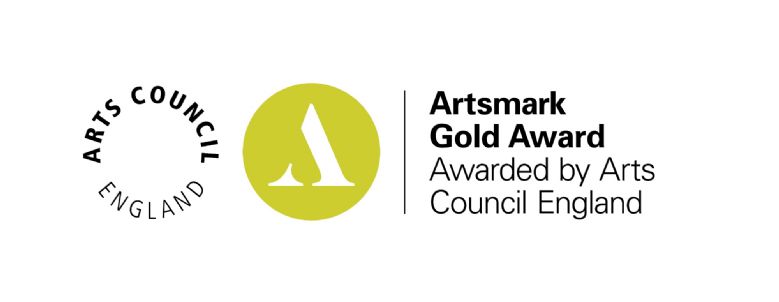Admissions
Information for parents considering applying for a place Warden House Primary School
Please click below to view our welcome video designed for parents and carers who are considering choosing Warden House for their child.
Warden House Primary School Admissions
Before the application of oversubscription criteria, children with a statement of special educational need or Education (SSEN), Health and Care Plan (EHCP) which names the school will be admitted. As a result of this, the published admissions number will be reduced accordingly.
Students will be admitted to the Reception Class before their fifth birthday. Usually, children will enter the Reception Class at the start of the academic year (September 2025 – August 2026) that they have their fifth birthday.
If your child is due to start Primary school in September 2025, you can appeal if you are refused a place at one of your preferred schools on National Offer Day (Wednesday, 16 April 2025).
You need to submit your appeal before Tuesday 20 May 2025 for it to be considered on time.
The published admission number for the year commencing September 2025 will be:
Warden House Primary School - 60 pupils
In the event of oversubscription, the following criteria apply in the following order of priority:
1. Looked After Children and previously Looked After Children:
A looked after child is a child who is (a) in the care of a local authority, or (b) being provided with accommodation by a local authority in the exercise of their social services functions (see the definition in Section 22(1) of the Children Act 1989) at the time of making an application to a school.
A previously looked after child means such children who were adopted (or subject to child arrangements orders or special guardianship orders) immediately following having been looked after and those children who appear to the admission authority to have been in state care outside of England and ceased to be in state care as a result of being adopted.
A child is regarded as having been in state care outside of England if they were in the care of or were accommodated by a public authority, a religious organisation, or any other provider of care whose sole or main purpose is to benefit society.
2. A brother or sister attending the school when the child starts.
In this context, ‘brother or sister’, means a child who lives as a brother or sister in the same house, including natural brothers and sisters, adopted siblings, stepbrothers and sisters and foster brothers and sisters.
3. Health and Special Access Reasons.
Medical, health, social and special access reasons will be applied in accordance with the school’s legal obligations, in particular those under the Equality Act 2010. Priority will be given to those children whose mental or physical impairment means they have a demonstrable and significant need to attend the school. Equally, this priority will apply to children whose parents’/guardians’ physical or mental health or social needs mean that they have a demonstrable and significant need to attend this particular school. Such claims will need to be supported by written evidence from a suitably qualified medical or other practitioner who can demonstrate a special connection between these needs and the school.
4. Children of Staff.
Children of staff where the member of staff has been employed at the school for two or more years at the time at which the application for admission to the school is made, and/or the member of staff is recruited to fill a vacant post for which there is a demonstrable skill shortage.
5. Nearness of children's homes to school.
We use the distance between the child’s permanent home address and the school, measured in a straight line using the National Land and Property Gazetteer (NLPG) address point. Distances are measured from a point defined as within the child’s home to a point defined as within the school as specified by NLPG. The same address point on the school site is used for everybody. When we apply the distance criterion for the school, these straight line measurements are used to determine how close each applicant’s address is to the school.
6. The tie-breaker for all arrangements will be distance.
In a tie-breaker situation, the proximity of an applicant’s home to the school will be the decider. If in the event that more than one applicant lives the same distance from home to the academy (as measured by the local authority), then a random selection will be applied and independently supervised. Applications for entrance into any school within Veritas Multi Academy Trust should be made through Kent Primary Admissions Scheme. You will be required to complete the Reception Common Application Form (RCAF) either online through the KCC website or by completing a paper form available from October 2024 at Kent primary schools or the Local Authority Admissions Office. The application process will open in early November 2024. Late applications will be placed on a waiting list and places allocated based on the above criteria.
After a place has been offered, the school reserves the right to withdraw the place in the following circumstances:
1. When a parent has failed to respond to an offer within a reasonable time.
2. When a parent has failed to notify the school of important changes to the application information.
3. The admission authority offered the place on the basis of a fraudulent or intentionally misleading application from a parent.
If you have not been offered a place you can request to be placed on the school’s waiting list. The school’s waiting list will be re-ranked, in line with the published oversubscription criteria, every time a child is added. Parents of Reception age children have the right of deferment of entry or to take the place up part-time, until the term in which the child reaches compulsory school age.
Parents should contact the headteacher to discuss a request to take up a place part-time or for a deferment. Parents are entitled to request admission outside of the normal age group. If this is the case they must state this clearly at the point of application.
Parents should contact the headteacher to discuss and submit a request for admission out of the normal age group, but should continue to make an application for their child’s normal age group at the usual time. The decision on their request will be made prior to any offers of admission.
If a request is agreed, the application for admission to their normal age group will be withdrawn and a new application must be made the following year.
Please click here to download a copy of our admission arrangements for 2023-24
Please click here to download a copy of our admission arrangements for 2024-25
Please click here to download a copy of our admission arrangements for 2025-26
Please click here to download a copy of our admission arrangements for 2026-27
Deal Learning Alliance criteria for admission out of year group.
In the Deal Learning Alliance, we believe a child should be educated in their age appropriate year group. In our professional opinion, children who do not experience the full EYFS are disadvantaged socially and academically when transferring to Key Stage 1. Through our highly skilled approach to differentiation, we feel every child's needs can be catered for in their age appropriate year group to ensure strong academic and emotional development.
In principle, a decision to be admitted outside their age appropriate year group needs careful consideration and will only take place in exceptional circumstances. In order to assess the suitability for admission out of year group, the following criteria will be applied by all primary schools in the Deal Learning Alliance.
It is the responsibility of the parent of the child to provide independent evidence to demonstrate their child will thrive in the year group they are requesting and provide evidence that the child's age appropriate year group is currently not meeting their needs.
We recommend that children are admitted to school in EYFS at one admission point and that staggered admission to school is not the preferred route for schools in the Deal Learning Alliance.








